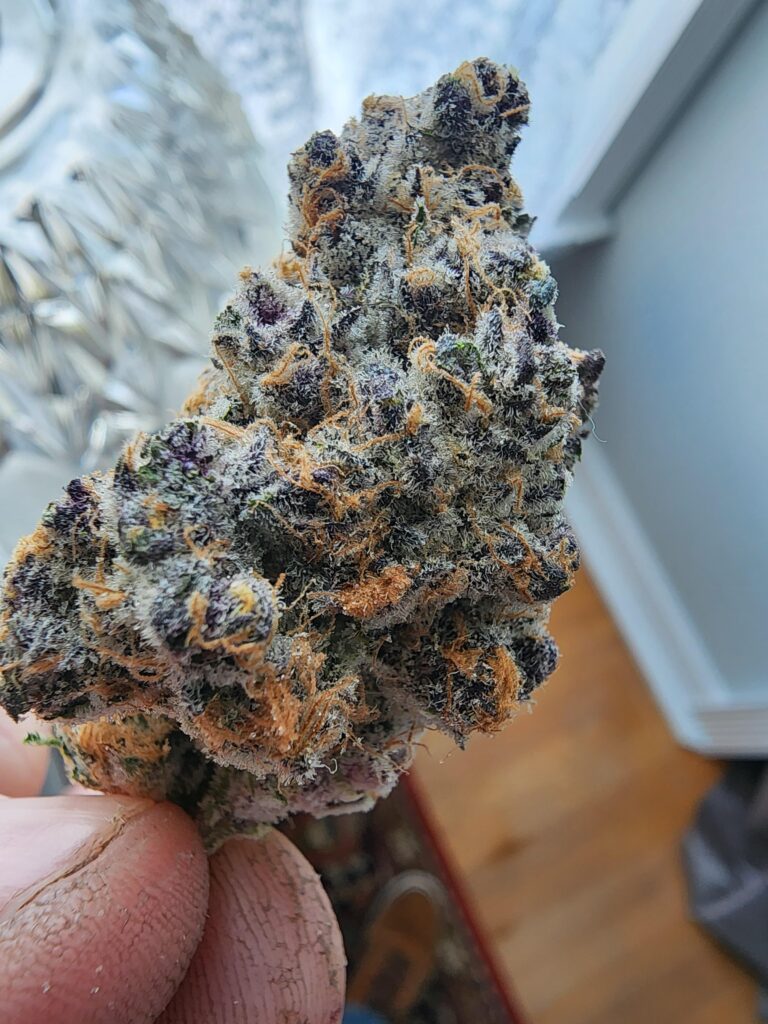Weed in Makiivka: A Growing Concern

Makiivka, a city in eastern Ukraine, is known for its rich industrial history, proximity to the coal-mining region, and as a key urban area in the Donetsk Oblast. Over the years, the city has faced numerous challenges, from political instability to economic hardships. However, in recent years, a different issue has started to catch the attention of local authorities, residents, and environmentalists alike: the growth and spread of invasive weeds.Weed in Makiivka .
Weeds, in any setting, can be a significant concern, but in Makiivka, their impact is increasingly visible. The proliferation of these plants in urban areas poses challenges not only to agriculture but also to public health, infrastructure, and the environment.Weed in Makiivka .
The Rise of Weeds in Makiivka
Makiivka, like many other post-industrial cities, faces a variety of environmental pressures. One of the consequences of urbanization and industrialization is the alteration of natural ecosystems. The soil in and around industrial sites is often disturbed, creating opportunities for weeds to thrive. These plants are often more resilient than native species, able to adapt to the changing conditions in the soil and climate.Weed in Makiivka .
The issue of weeds has been exacerbated by the broader environmental challenges faced by the region. Polluted air, contaminated soil, and water shortages all contribute to a landscape in which only the hardiest plants can survive. Weeds, by nature, are adaptive. They are typically fast-growing and capable of spreading quickly in disturbed areas, making them difficult to manage.
One of the most common weeds in Makiivka is Ambrosia artemisiifolia (common ragweed), a plant known for its ability to produce large quantities of pollen. Ragweed’s rapid spread in urban and industrial areas has been linked to health problems, particularly allergies, as its pollen can trigger severe reactions in sensitive individuals. In addition to ragweed, other invasive species, such as dandelions and thistles, have become increasingly widespread throughout the city.
Environmental Impact of Weeds
The presence of weeds in Makiivka is not just an aesthetic issue; it has broader environmental consequences. Weeds, especially invasive species, can displace native vegetation, leading to a decrease in biodiversity. Native plants often provide food and habitat for local wildlife, so when weeds take over, the entire ecosystem can suffer.
In urban areas like Makiivka, weeds also disrupt the balance of green spaces. While green spaces are essential for the well-being of urban populations, they can become overrun by weeds, making them less usable for recreation or relaxation. The dense growth of weeds in public parks and other communal areas not only affects the visual appeal of the space but can also make it harder for residents to maintain and enjoy these environments.
Additionally, the dense, unchecked growth of weeds can lead to problems with infrastructure. In extreme cases, this can lead to expensive repairs and a decline in the overall quality of life for residents.
Health Risks and Weed Management
In Makiivka, one of the most significant concerns associated with the proliferation of weeds is the health risks they pose.
The growth of weeds can also indirectly exacerbate other health problems. These additional health risks are a constant concern for local authorities and require immediate attention.
To manage this issue, Makiivka’s local government and environmental groups have started to take action. One approach has been to increase public awareness about the importance of controlling invasive species. The use of herbicides, though controversial, has been considered as a short-term solution to control the most aggressive weed species. However, there is growing concern about the environmental impact of such chemicals, particularly in areas close to water sources.
Looking Forward: Solutions for Makiivka
As Makiivka continues to grapple with the issue of invasive weeds, there is hope that more sustainable and long-term solutions can be found.
Another potential solution is urban gardening initiatives, which not only help beautify the city but can also encourage residents to plant native species that are less likely to become invasive.
In conclusion, the issue of weeds in Makiivka is multifaceted, involving environmental, health, and infrastructure concerns. With the right strategies and commitment to long-term solutions, Makiivka can effectively address this growing issue.
You’re the best when it comes to marijuana products , always taking care of me. Definitely recommending you to my friends. Thanks for the quick delivery .Really happy with the product .As usual, it’s top-notch. Keep it up you. you can contact them on email Scenthub43@gmail.com and also there Telegram : https://t.me/Scenthub43
wow Thanks for the referral they have great service and got the best weed around. and the delivery is so smooth.

Thanks for always being reliable! I can always count on you for good product.
You’re the go-to in the area for a reason. Always a smooth experience